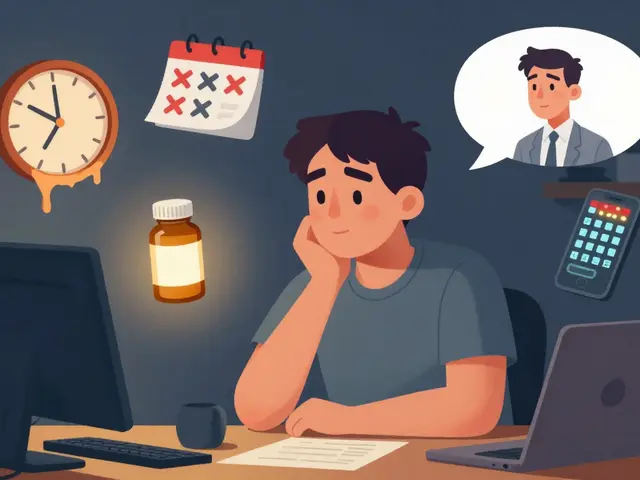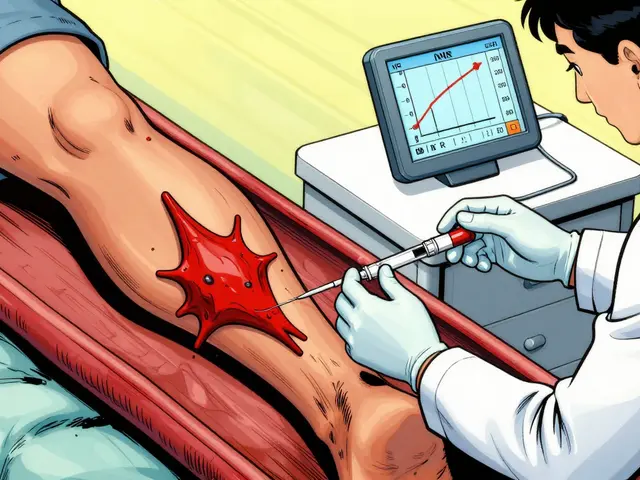Flu Relief: Simple Ways to Beat the Bug Fast
Got the flu knocking at your door? You don’t have to just ride it out. With the right moves, you can knock down fever, ease the cough, and get back to life sooner.
First thing’s first: stop the fever from turning into a marathon. A solid dose of acetaminophen or ibuprofen taken every 4‑6 hours does the trick for most adults. Keep a water bottle nearby—staying hydrated helps the body push the virus out and keeps the throat from drying.
Everyday Home Remedies that Actually Help
Heat and steam are old‑school, but they work. A hot shower or a bowl of steamy water with a towel over your head can loosen mucus and make breathing easier. Add a few drops of eucalyptus oil if you like a minty scent; it’s not magic, but it feels good.
Honey is another go‑to. A spoonful before bed coats the throat and can calm a hacking cough. For kids over one year, mix honey with warm lemon water for a soothing drink.
Don’t forget the power of rest. Your immune system does its best when you’re still. Aim for at least 8‑10 hours of sleep and take naps if you feel drained. Light activity, like a short walk, can also boost circulation, but listen to your body—pushing too hard will only delay recovery.
Salt‑water gargles are cheap and effective. Dissolve half a teaspoon of salt in a glass of warm water and gargle a few times a day to reduce throat irritation. If your nose is stuffed, a saline spray or a neti pot rinse clears out the mucus without the side effects of decongestant pills.
When to Call a Doctor
Most flu cases sort themselves out in a week, but certain signs mean you need professional help. High fever that won’t drop below 101°F (38.3°C) after 48 hours, trouble breathing, chest pain, or severe headache are red flags.
If you have a chronic condition—like asthma, diabetes, or a weak immune system—call your doctor early. Antiviral meds such as oseltamivir work best when started within 48 hours of symptoms, and they can cut the illness down by a day or two.
Children under two years old, pregnant women, and seniors over 65 should also get medical advice sooner rather than later. Those groups are at higher risk for complications like pneumonia.
When you do see a clinician, bring a list of any medicines you’re already taking. Some flu drugs can interact with blood thinners or antidepressants, so the doctor needs the full picture.
Bottom line: hydrate, rest, use simple home tricks, and know the warning signs. Most of the time the flu will pass, but a quick call to a doctor can keep it from turning serious.
Feel better soon, and remember: staying on top of the basics is the fastest route to flu relief.






